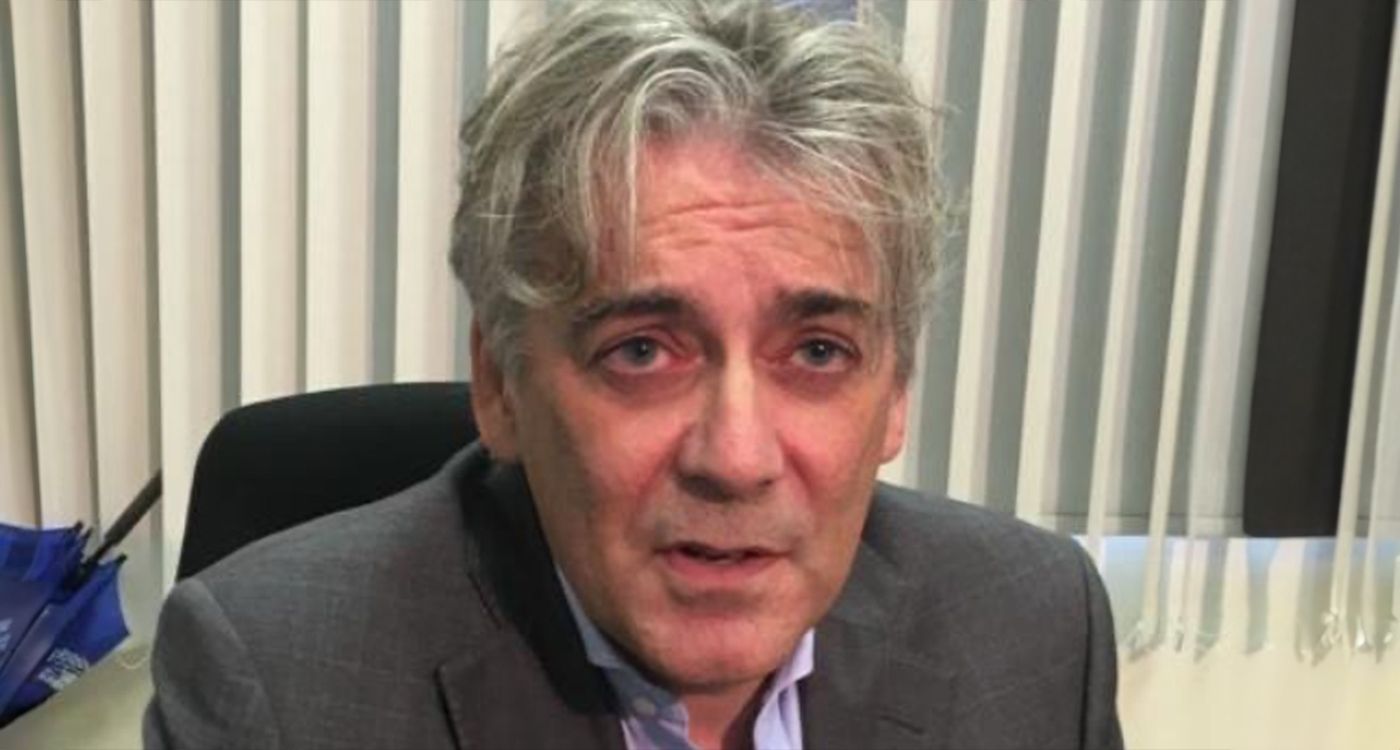
The recent escalation of the war between Israel and Hezbollah in Lebanon, particularly in the south, has significantly impacted the United Nations Interim Force in Lebanon (UNIFIL).
Over the past week, several peacekeepers have been injured in Israeli fire at UNIFIL positions, some of which have been breached by the Israeli army.
On September 30, Israel launched ground operations in certain border villages in southern Lebanon. On October 13, Israeli Prime Minister Benjamin Netanyahu called on the UN to "immediately withdraw its peacekeeping force from the border areas where Israel is fighting Hezbollah," claiming that Hezbollah is using the international troops as "human shields."
UNIFIL has categorically refused to comply with this call for evacuation. Its spokesperson, Andrea Tenenti, stated that since the peacekeeping forces are mandated by the UN Security Council, "it is important to maintain an international presence."
In this context of rising tensions, This is Beirut asked the following questions to Andrea Tenenti.
Since UNIFIL refused to comply with Israel’s request to evacuate the area, how do you plan to ensure the safety of peacekeepers in the event of an escalation of violence near your positions? What rights or protections do you have if your forces are directly attacked?
Ensuring safety and security of our personnel is one of the topmost priorities of the mission. Peacekeepers remain in all positions and the UN flag continues to fly. They continue to implement the mandate, despite the immense challenges.
We are working to improve our positions, including bunkers, to ensure peacekeepers are as protected as possible. We have also recently installed a radar and alarm system at our headquarters that give personnel a few seconds’ warning of an incoming rocket or if a shell is likely to land nearby.
All actors are reminded of their obligation to ensure peacekeepers’ safety and security and refrain from any actions that would put them in harm’s way. We are regularly adjusting our posture and activities, and we have contingency plans ready to activate if absolutely necessary.
You have previously stated that peacekeepers and humanitarian personnel are unable to move outside UNIFIL centers due to security concerns. In light of this, what is your role in the current situation?
The mission continues to stay in touch with the parties urging de-escalation and also reminding them of their obligation to ensure peacekeepers’ safety. Due to the security situation in the past few weeks, most patrols have been suspended until things improve.
We continue to monitor and report from our UN positions across southern Lebanon. We are also working hard behind the scenes to coordinate the safe passage of essential humanitarian aid to civilians in southern Lebanon.
Civilians continue to suffer in this conflict, and peacekeepers continue to do what we can to help.
We have facilitated access for humanitarian organizations delivering aid to civilians in different villages in the south where people are still living.
UNIFIL has already reported violations by the Israeli army in southern Lebanon. Has Israel responded to your call for explanation? What type of action or response do you anticipate from the Security Council?
The Israeli army maintains that UNIFIL should move from their positions near the Blue Line.
The Security Council has expressed its support for UNIFIL following the attacks by urging “all parties to respect the safety and security of UNIFIL personnel and premises.”
Council members also expressed “deep concern” at civilian casualties and suffering, the destruction of civilian infrastructure and the rising number of internally displaced people. They called on all parties to abide by international humanitarian law, which requires the protection of civilians.



Comments